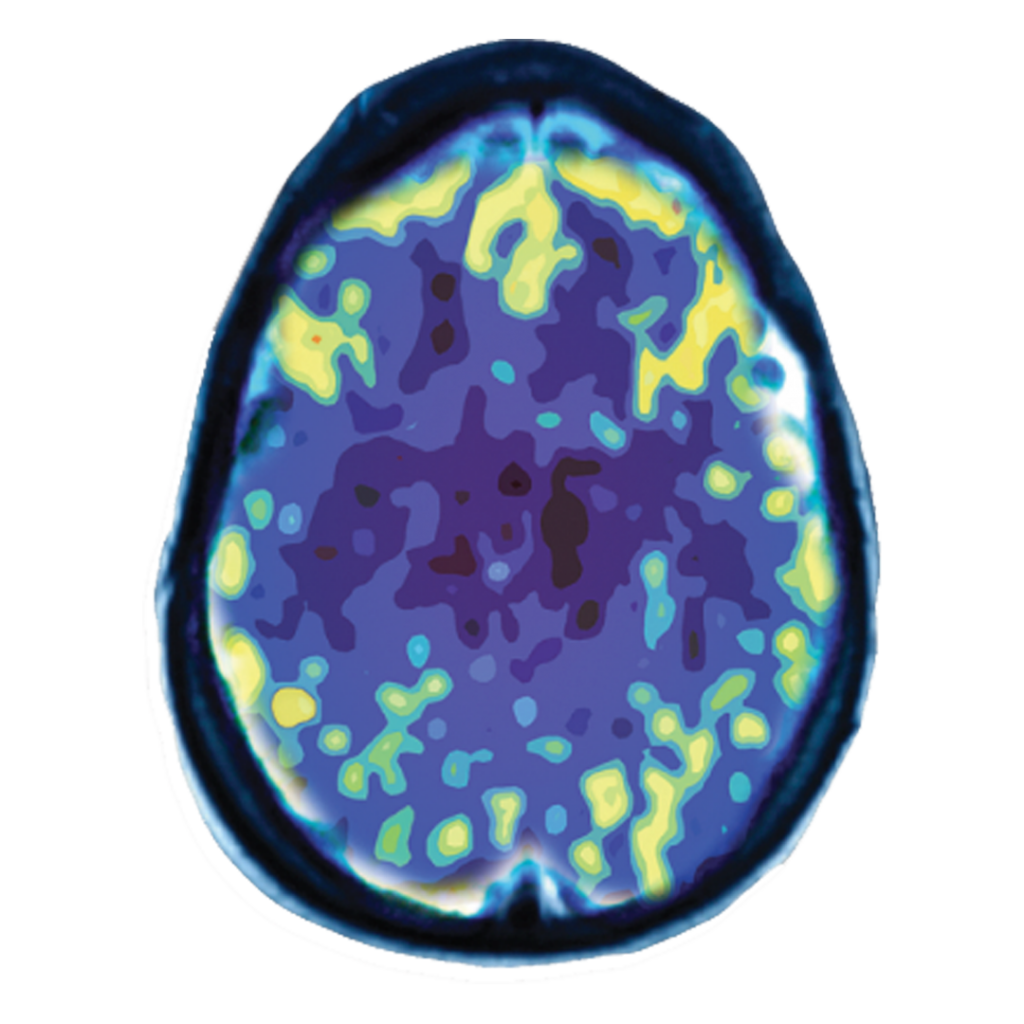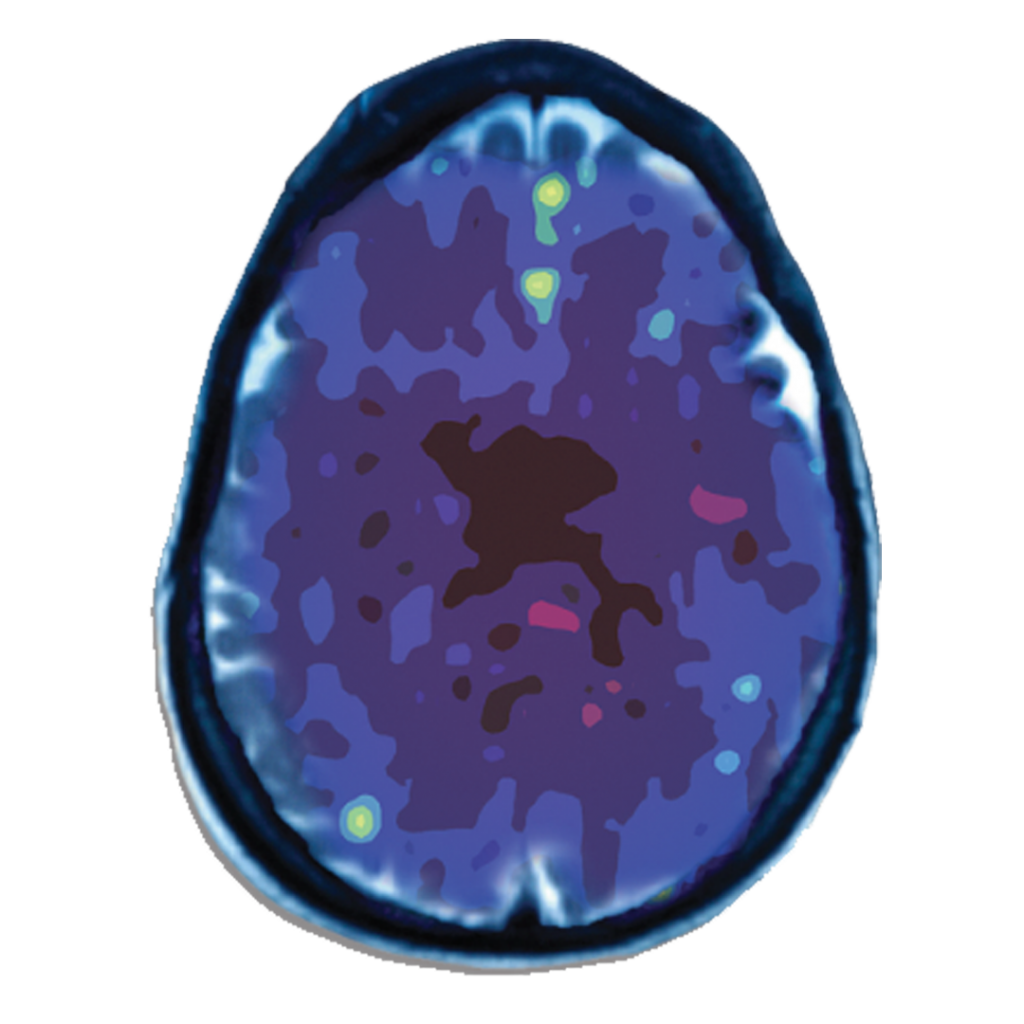Treating Depression
We specialize in TMS Therapy for safe and effective treatment.

What is Depression?
We understand that while depression may be common, it is a serious illness that requires proven methodologies to renew one’s life. Our TMS Therapy approach provides a safe and drug-free path to living better.
Everyone occasionally feels blue or sad. But these feelings are usually short-lived and pass within a couple of days. When you have depression, it interferes with daily life and causes pain for both you and those who care about you.
Many people with a depressive illness never seek treatment. But the majority, even those with the most severe depression, can get better with treatment. Medications, psychotherapies and other methods can effectively treat people with depression.
Non-Depressed Brain

Depressed Brain

PET Scan: Brain Activity Levels
The PET images here show the differences in brain activity levels between a non-depressed brain (left) and a brain with major depression (right). Note the area in the front of the brain (top of the images) are much more active in the brain without depression. This area is known to be involved in mood regulation. Another region known to be involved in mode regulation is deep in the center of the brain. Note the brain with depression has very low activity compared to the normal brain in the central region.1
TMS Therapy has been shown to improve the activity levels in both the frontal and central areas of the brain.1
George, Mark. [1993] Biological Psychiatry Branch Division of Intermural Research Program NIMH..1
Common Symptoms of Depression
-
Persistent feelings of sadness, anxiety or emptiness
-
Feelings of hopelessness or pessimism
-
Feelings of guilt, worthlessness or helplessness
-
Irritability or restlessness
-
Loss of interest in activities or hobbies once pleasurable, including sex
-
Fatigue and decreased energy
-
Difficulty concentrating, remembering details and making decisions
-
Insomnia, early-morning wakefulness or excessive sleeping
-
Overeating or loss of appetite
-
Thoughts of suicide or suicide attempts
-
Aches, pains, headaches, cramps or digestive problems that do not ease even with treatment
